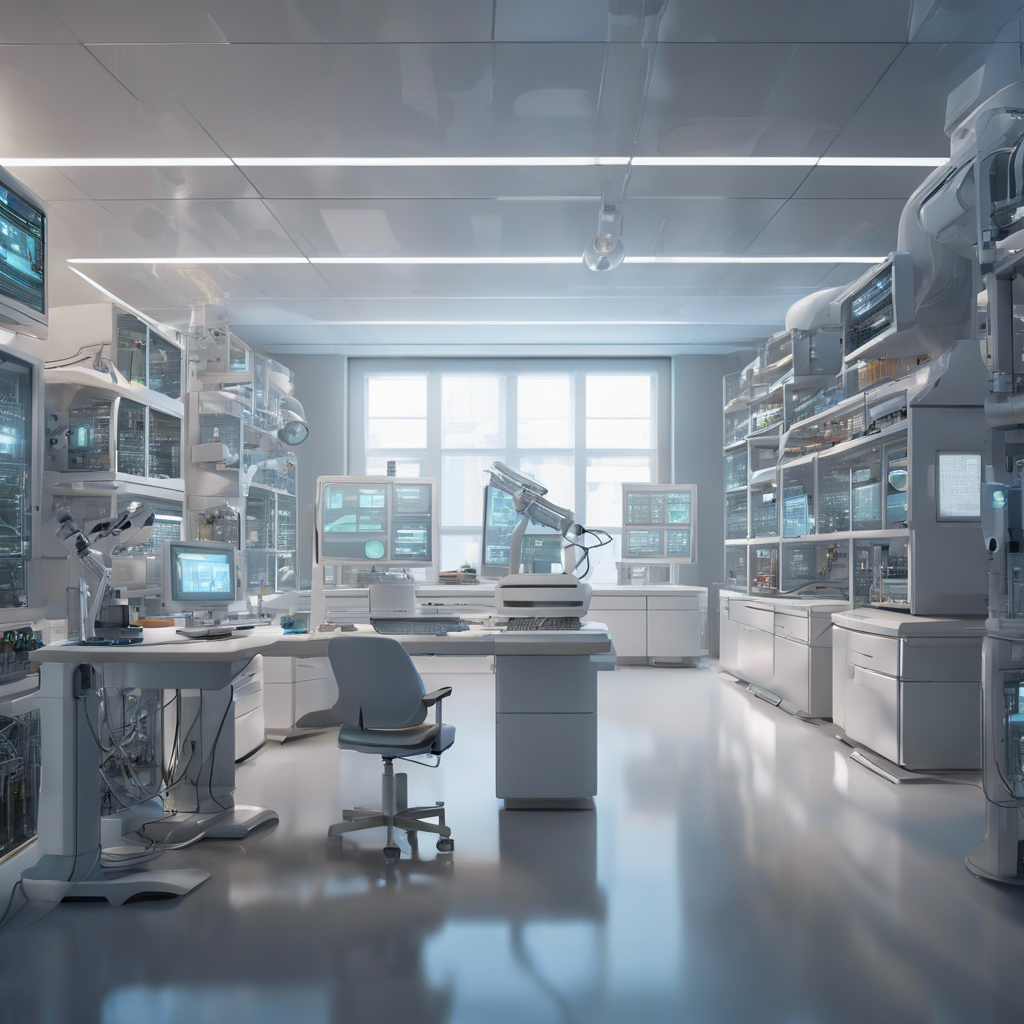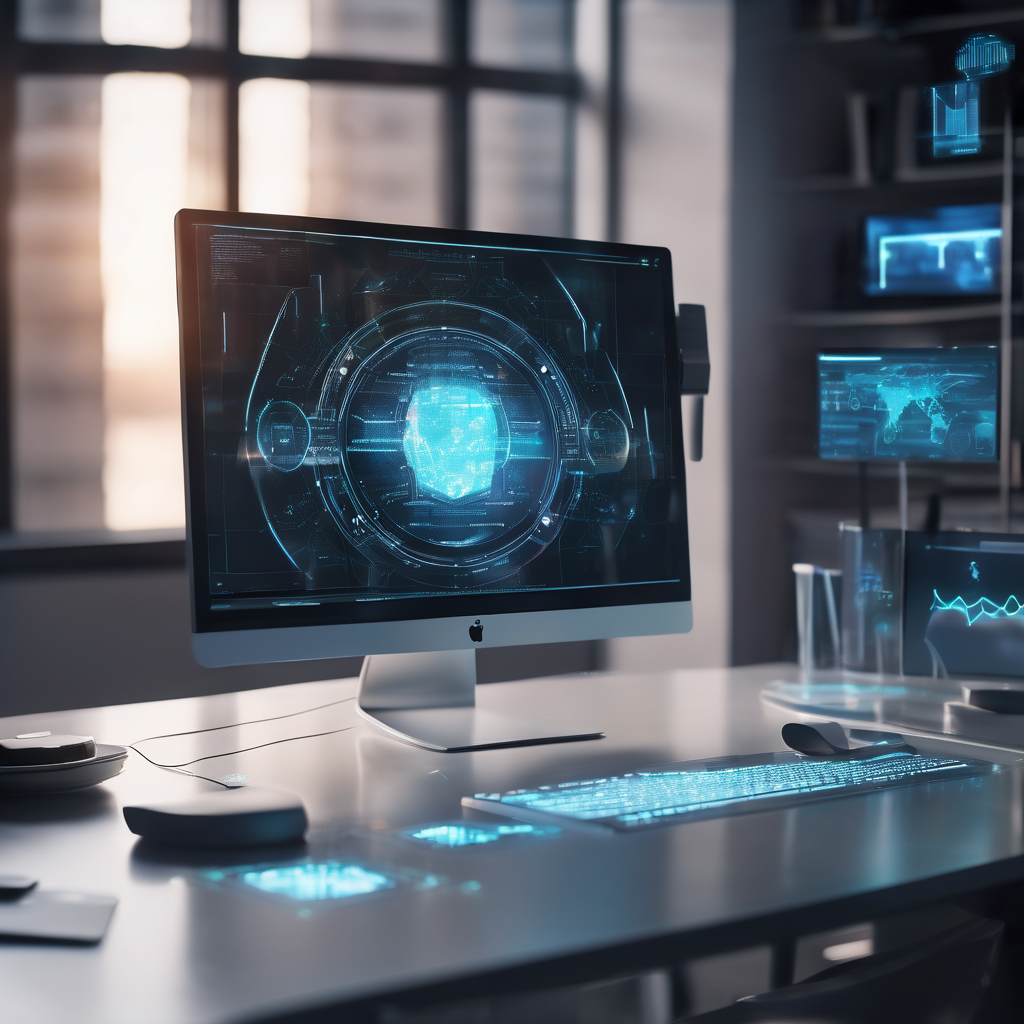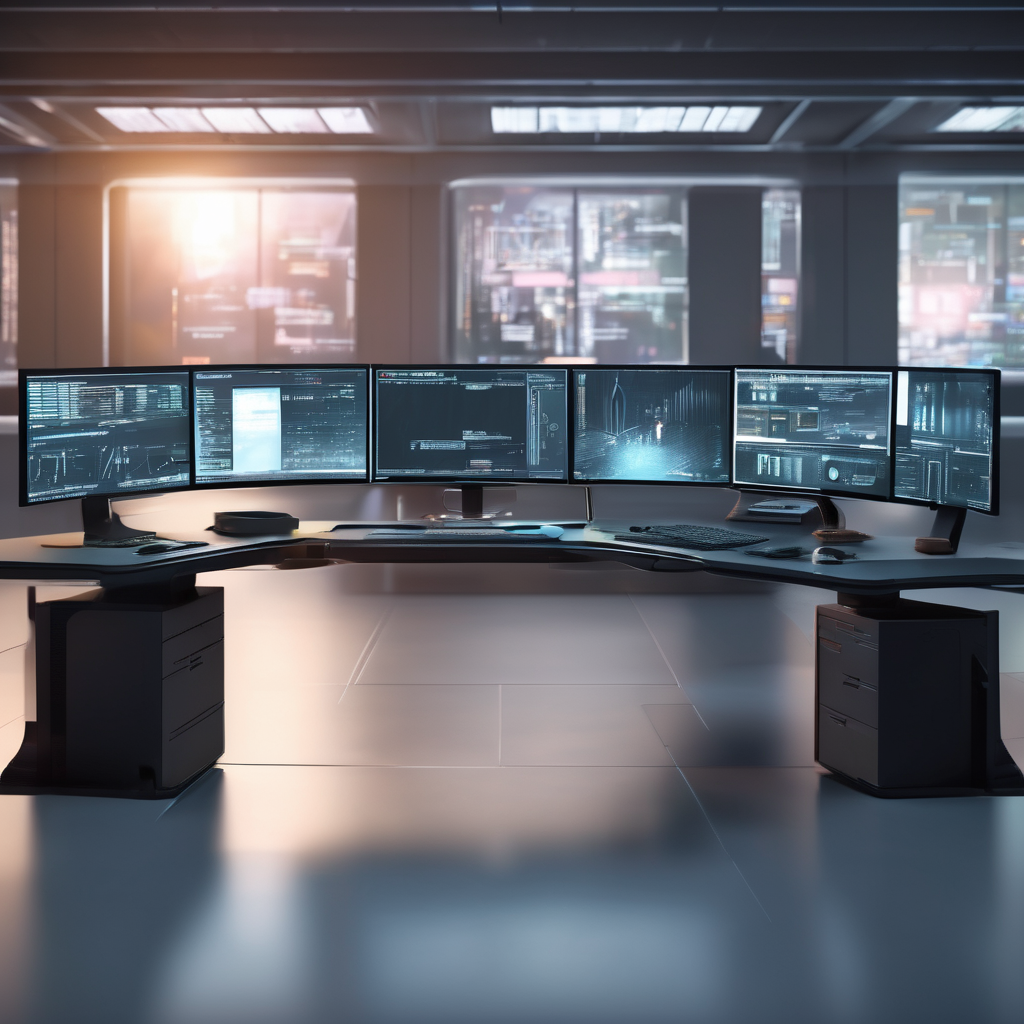
This week, AI researchers received two Nobel Prizes, highlighting their significant contributions to science and acknowledging AI as a leading force in scientific advancement. Significance: There’s an ongoing debate regarding the transformative power of AI on the world, but this week’s awards emphasize the ways AI is already reshaping scientific practices. Overview: The groundwork for AI was established over several decades, yet its notable breakthroughs have gained significant recognition only recently, particularly with the rise of chatbots and generative AI. Key updates: On Tuesday, Geoffrey Hinton and John Hopfield were honored with the Nobel Prize in Physics for their contributions to AI from the late 1970s through the 1980s.
The Nobel committee also awarded the chemistry prize on Wednesday to Google DeepMind CEO Demis Hassabis, DeepMind director John Jumper, and University of Washington professor David Baker for their innovative work on essential proteins. Important to note: The Nobel Prize is frequently bestowed for research conducted many years prior, once its effects on humanity can be clearly evaluated as having "the greatest benefit. " Hassabis expressed last year that his enduring drive in AI is to create learning systems that accelerate scientific discovery. Caution: During a press conference on Wednesday, Hassabis stated, "It's far too premature to talk about AI being involved in all prizes. " Notably, three of the Nobel laureates have connections to Google, with Hinton resigning last year to voice his concerns regarding the potential dangers posed by AI. What to monitor: AI critic Gary Marcus highlights that Hinton and others advocate for the expansion of AI through increasingly sophisticated neural networks that learn from extensive data sets, which is the foundation of generative AI.
AI Researchers Win Nobel Prizes for Groundbreaking Contributions


The integration of artificial intelligence (AI) into search engine optimization (SEO) is driving a transformative shift in the digital marketing arena, bringing both considerable challenges and exciting opportunities for professionals in the field.

SalesAi recently conducted two extensive studies to explore the transformative effects of artificial intelligence (AI) on revenue generation, sales efficiency, and overall business growth.

Artificial intelligence (AI) platforms like ChatGPT have become trusted companions for millions of teenagers, generating human-like responses.

Predis.ai is an innovative AI-powered platform transforming how businesses create and manage social media content and advertising creatives.

In the rapidly changing field of digital content creation, artificial intelligence is becoming increasingly crucial.

As the digital landscape rapidly grows, online platforms face increasing difficulties in managing the enormous volume of video content uploaded daily.

The complexity and opacity of modern digital advertising platforms, especially Meta Ads, have become major concerns in the marketing community.
Automate Marketing, Sales, SMM & SEO

and get clients on autopilot — from social media and search engines. No ads needed
and get clients today